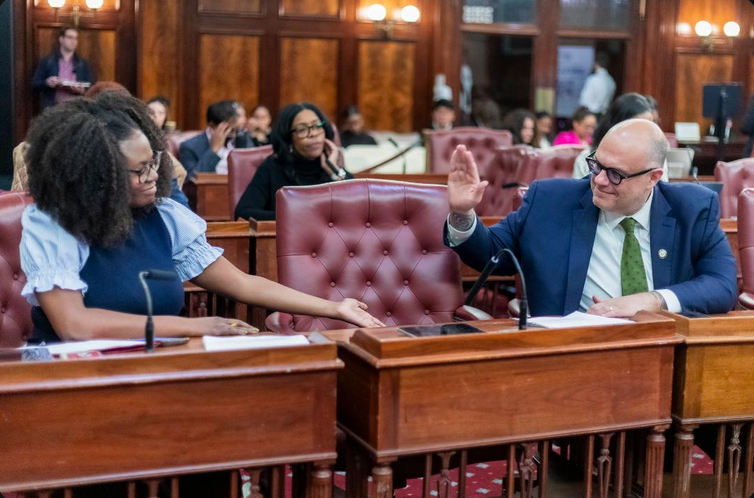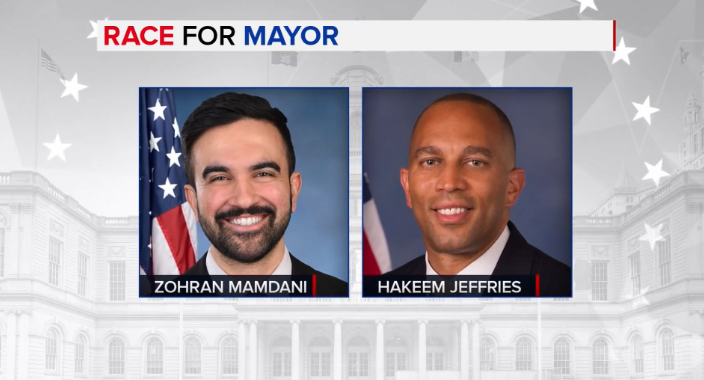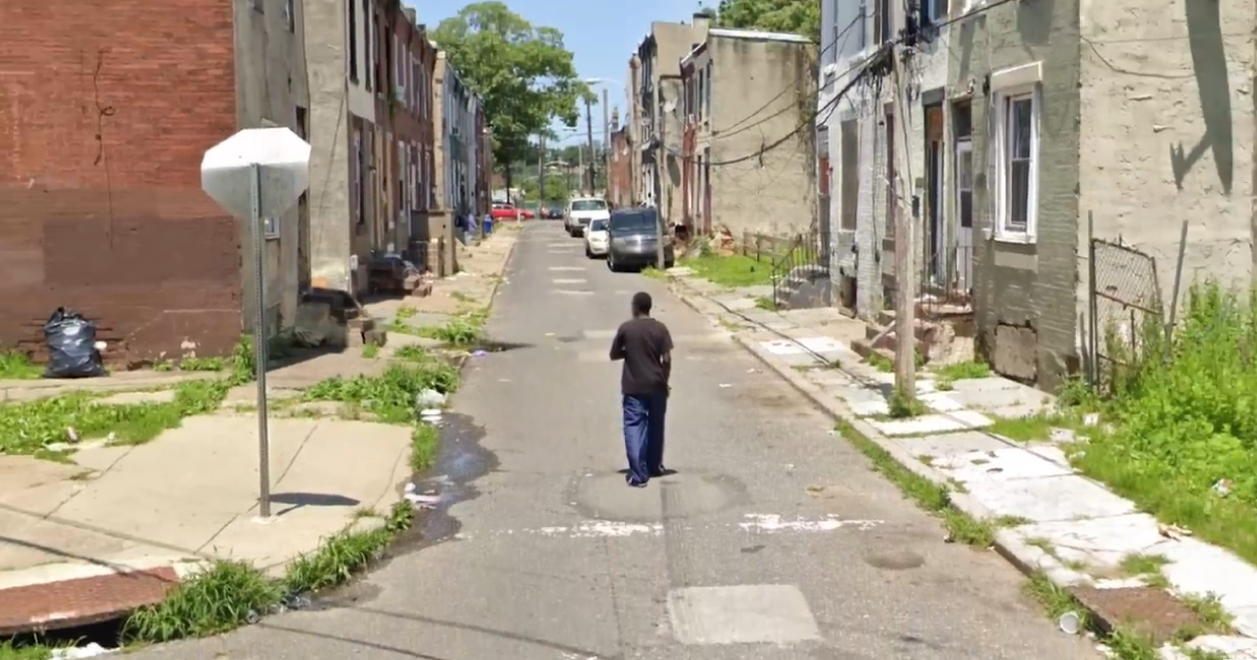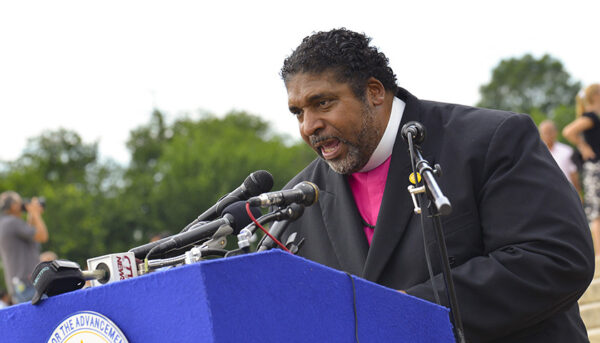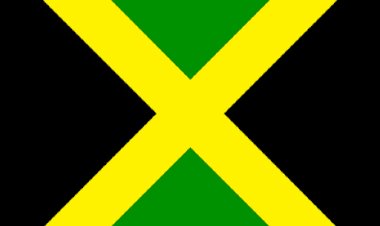Ethiopia: The Unbearable Cost Of War For The Women Of Tigray
By Mohammed Nurhussein Photos: YouTube Screenshots The people of Tigray have endured unimaginable suffering and deprivation as a result of what is widely considered the deadliest war of the 21st century. Among all those affected, it was the women of Tigray who bore the heaviest burden, having been subjected to the most brutal and inhuman crimes by invading forces. The Pretoria Agreement on Cessation of Hostilities included provisions for an independent investigation into these war crimes, accountability for perpetrators, and restitution for survivors. Yet, three years after the signing of the Pretoria Agreement, the implementation of these promises remains unfulfilled. Our sisters and mothers continue to languish in scattered camps across the region, suffering from a lack of essential medical care, psychological counseling, and social support they need and deserve. Tragically, a culture that struggles to accept survivors of gender-based sexual violence further isolates them. Many of them, appearing emaciated and forlorn, cover their faces with their netsela—a traditional light shawl—and seldom engage in conversation, silently enduring post-traumatic stress disorder (PTSD) in isolation. Unity and Community-Led Solutions Amidst the devastation, a silver lining has appeared: the horrors of war and its aftermath have created a strong bond and unity of purpose among Tegaru, both within Tigray and across the diaspora. This new solidarity has led to the growth of self-help initiatives throughout the region, driven by the understanding that we are all in this together. One such initiative highlights this spirit. A Model for Empowerment: The Poultry Farming Project Deeply moved by the suffering he saw during a visit to a displacement camp, a compassionate family member from the diaspora immediately contacted relatives in the United States, urging them to support these resilient yet traumatized women. A cousin in Mekelle, a retired agricultural expert and an official in the Tigray Women’s Bureau, suggested a meaningful and sustainable project: poultry farming. With $2,000 raised, the group identified 40 women in the Mariam Shewito area of Adwa. Each woman received 5,000 birr to buy ten hens and a rooster. The results were nothing short of miraculous. Many women managed to multiply their flocks several times over, generating a stable income from selling eggs and chickens. They could feed and clothe their children, send them to school, and as one elderly woman said, ኣእምሮና ተመሊሱ. Our mind (dignity or sense of self) is restored. Those two Tigrigna words symbolizing hope and resilience are forever etched in my memory. In just two years, 202 women have been empowered through this project. Witnessing these women transform their lives by gaining economic independence, confidence, and hope has been one of the most rewarding experiences of my life. I am incredibly proud and privileged to be part of such a community of resilient and self-empowered women. Their indomitable spirit in overcoming adversity is truly inspiring. Expanding the Vision: Compassion Across Borders While empowering 202 women is a significant achievement, it is only a fraction of the over 120,000 women affected by the brutal war crime. Recognizing the magnitude of the challenge, we established a nonprofit 503(c)(1) humanitarian organization registered in the United States to seek support for our efforts. Our goal is ambitious: as our capacity increases, we aim to help heal and empower all survivor women in Tigray by providing medical, psychological, and social services, along with vocational training in various trades and skills, in collaboration with Tigrayan educational and health institutions. We hope to expand our model beyond Tigray, reaching other affected regions in Ethiopia and even beyond borders into countries like Sudan and the Democratic Republic of Congo. This embodies compassion across borders and aligns with the spirit of UBUNTU, as beautifully captured by the late Rev Desmond Tutu: “My humanity is bound up in yours for we can only be human together.” We have named our nonprofit organization Wogahta, signifying a new beginning in the healing process for both women and the nation of Tigray. The resourcefulness, unity, and solidarity of its people—driven by a shared purpose—can help ensure that Tigray becomes stronger, healthier, and more resilient. Wogahta is seeking your endorsement and support to help spread its message of hope and build a better future together. Visit our website, www.wogahta.org, and watch the inspiring and heartwarming testimonials of some women featured in the Demtsi Woyane International (DWI) broadcast.

By Mohammed Nurhussein
Photos: YouTube Screenshots
The people of Tigray have endured unimaginable suffering and deprivation as a result of what is widely considered the deadliest war of the 21st century. Among all those affected, it was the women of Tigray who bore the heaviest burden, having been subjected to the most brutal and inhuman crimes by invading forces. The Pretoria Agreement on Cessation of Hostilities included provisions for an independent investigation into these war crimes, accountability for perpetrators, and restitution for survivors. Yet, three years after the signing of the Pretoria Agreement, the implementation of these promises remains unfulfilled.
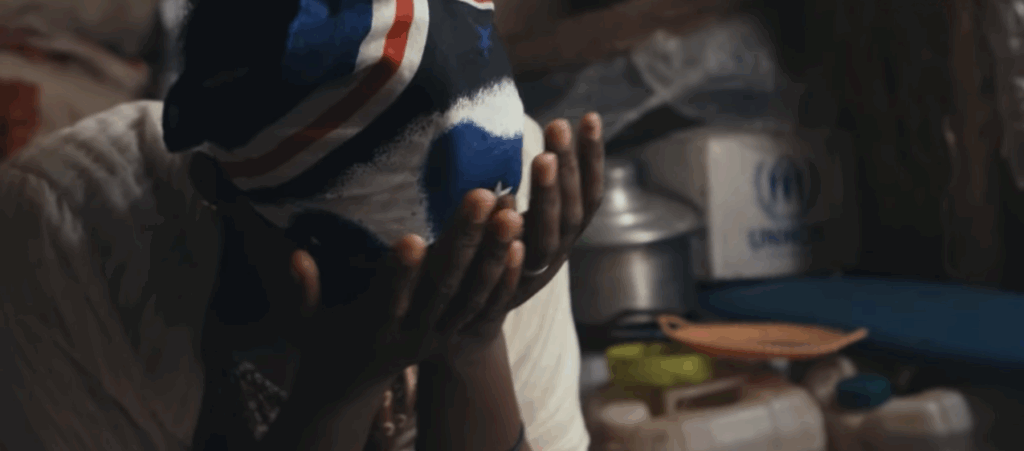
Our sisters and mothers continue to languish in scattered camps across the region, suffering from a lack of essential medical care, psychological counseling, and social support they need and deserve. Tragically, a culture that struggles to accept survivors of gender-based sexual violence further isolates them. Many of them, appearing emaciated and forlorn, cover their faces with their netsela—a traditional light shawl—and seldom engage in conversation, silently enduring post-traumatic stress disorder (PTSD) in isolation.
Unity and Community-Led Solutions
Amidst the devastation, a silver lining has appeared: the horrors of war and its aftermath have created a strong bond and unity of purpose among Tegaru, both within Tigray and across the diaspora. This new solidarity has led to the growth of self-help initiatives throughout the region, driven by the understanding that we are all in this together. One such initiative highlights this spirit.
A Model for Empowerment: The Poultry Farming Project
Deeply moved by the suffering he saw during a visit to a displacement camp, a compassionate family member from the diaspora immediately contacted relatives in the United States, urging them to support these resilient yet traumatized women. A cousin in Mekelle, a retired agricultural expert and an official in the Tigray Women’s Bureau, suggested a meaningful and sustainable project: poultry farming.
With $2,000 raised, the group identified 40 women in the Mariam Shewito area of Adwa. Each woman received 5,000 birr to buy ten hens and a rooster. The results were nothing short of miraculous. Many women managed to multiply their flocks several times over, generating a stable income from selling eggs and chickens. They could feed and clothe their children, send them to school, and as one elderly woman said, ኣእምሮና ተመሊሱ.
Our mind (dignity or sense of self) is restored. Those two Tigrigna words symbolizing hope and resilience are forever etched in my memory. In just two years, 202 women have been empowered through this project. Witnessing these women transform their lives by gaining economic independence, confidence, and hope has been one of the most rewarding experiences of my life. I am incredibly proud and privileged to be part of such a community of resilient and self-empowered women.
Their indomitable spirit in overcoming adversity is truly inspiring.

Expanding the Vision: Compassion Across Borders
While empowering 202 women is a significant achievement, it is only a fraction of the over 120,000 women affected by the brutal war crime.
Recognizing the magnitude of the challenge, we established a nonprofit 503(c)(1) humanitarian organization registered in the United States to seek support for our efforts. Our goal is ambitious: as our capacity increases, we aim to help heal and empower all survivor women in Tigray by providing medical, psychological, and social services, along with vocational training in various trades and skills, in collaboration with Tigrayan educational and health institutions. We hope to expand our model beyond Tigray, reaching other affected regions in Ethiopia and even beyond borders into countries like Sudan and the Democratic Republic of Congo. This embodies compassion across borders and aligns with the spirit of UBUNTU, as beautifully captured by the late Rev Desmond Tutu: “My humanity is bound up in yours for we can only be human together.”
We have named our nonprofit organization Wogahta, signifying a new beginning in the healing process for both women and the nation of Tigray. The resourcefulness, unity, and solidarity of its people—driven by a shared purpose—can help ensure that Tigray becomes stronger, healthier, and more resilient.
Wogahta is seeking your endorsement and support to help spread its message of hope and build a better future together.
Visit our website, www.wogahta.org, and watch the inspiring and heartwarming testimonials of some women featured in the Demtsi Woyane International (DWI) broadcast.








